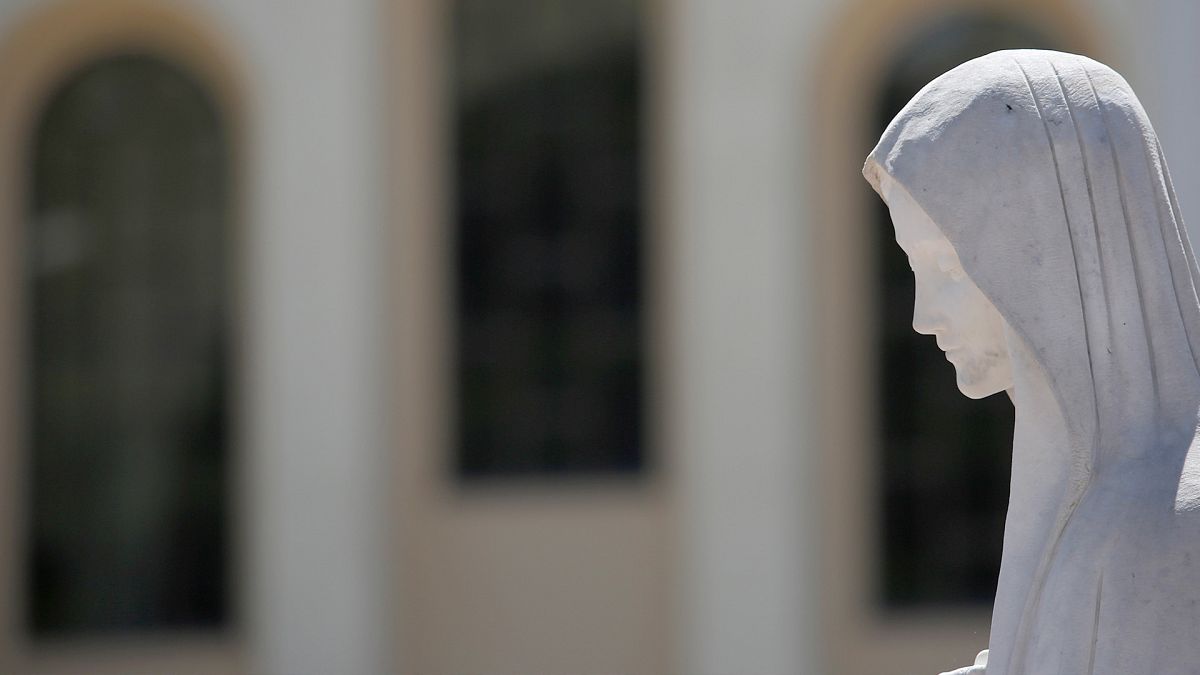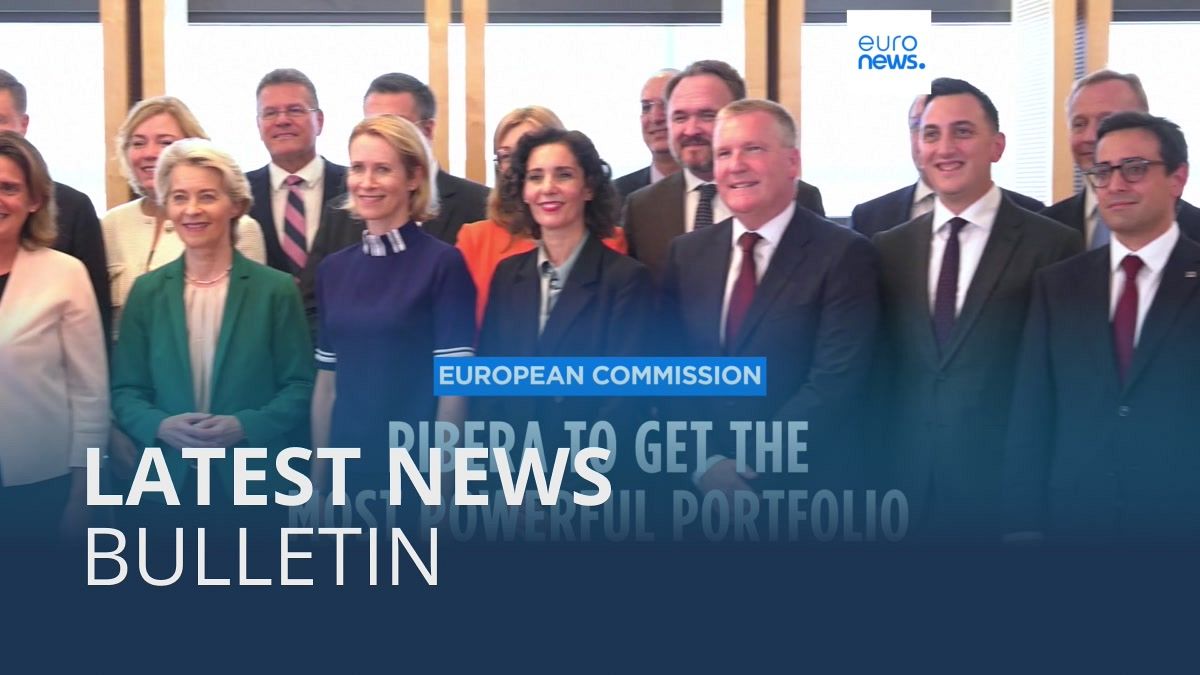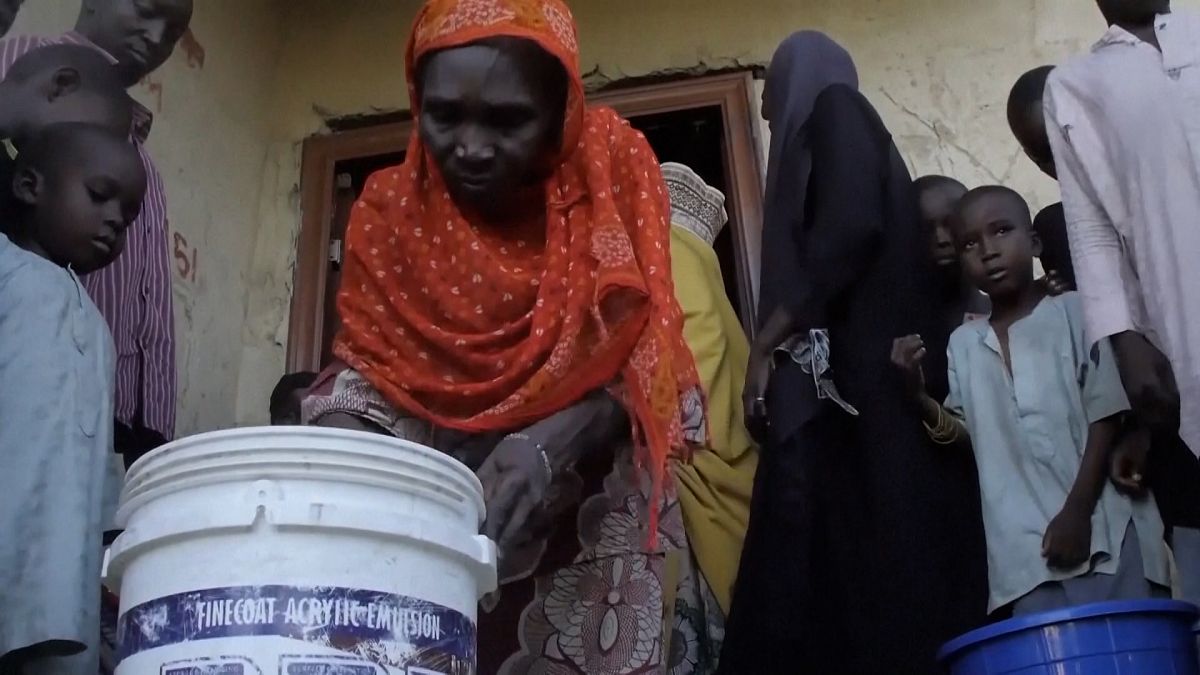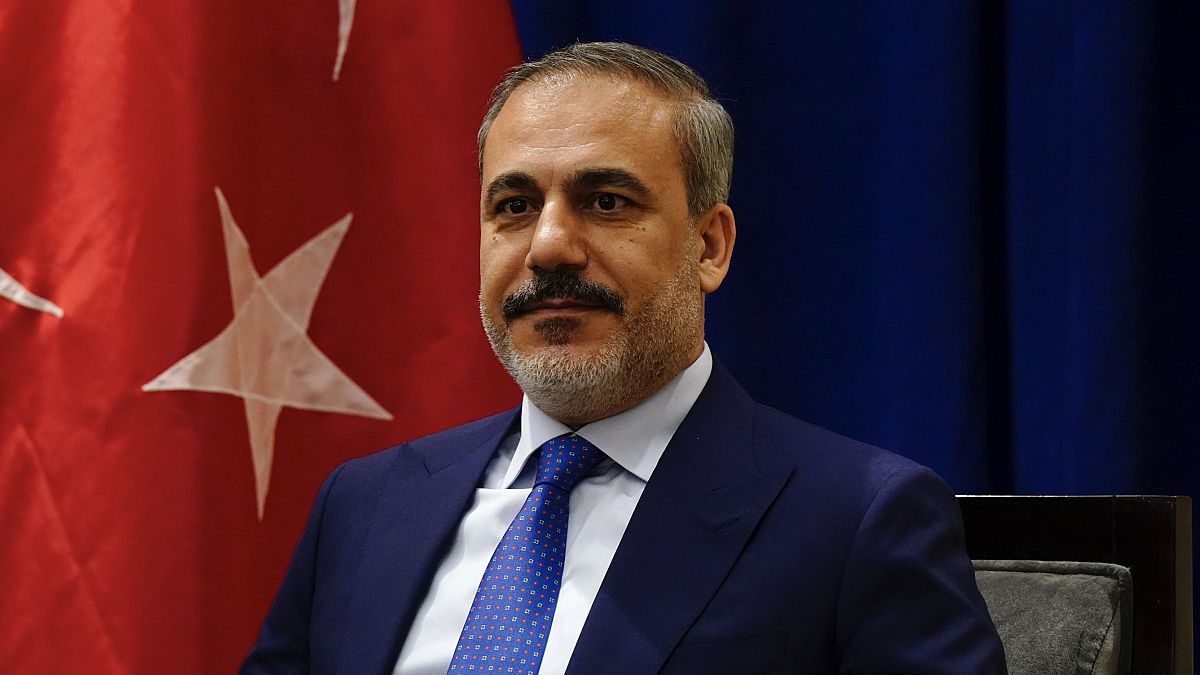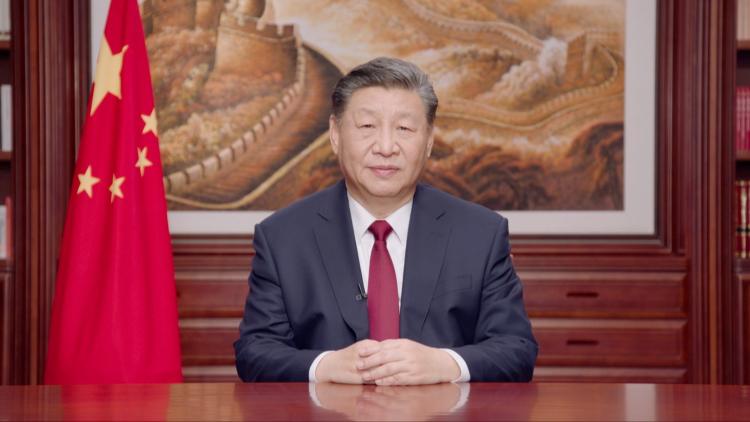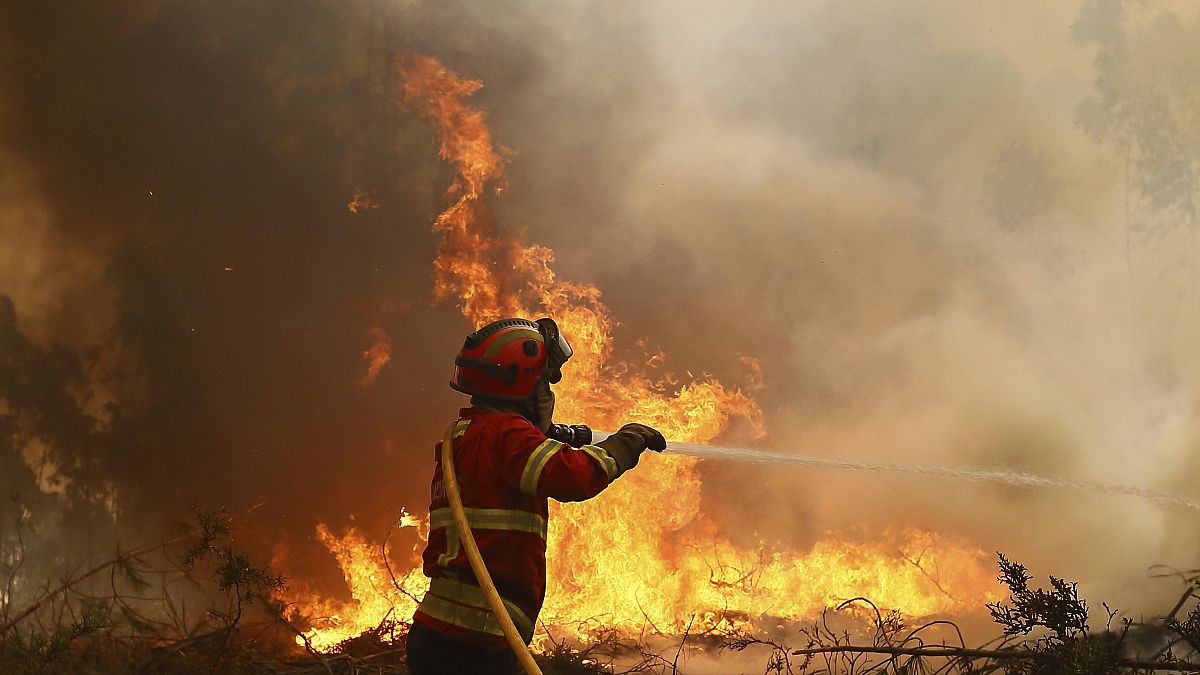IGRTC to address ECDE row
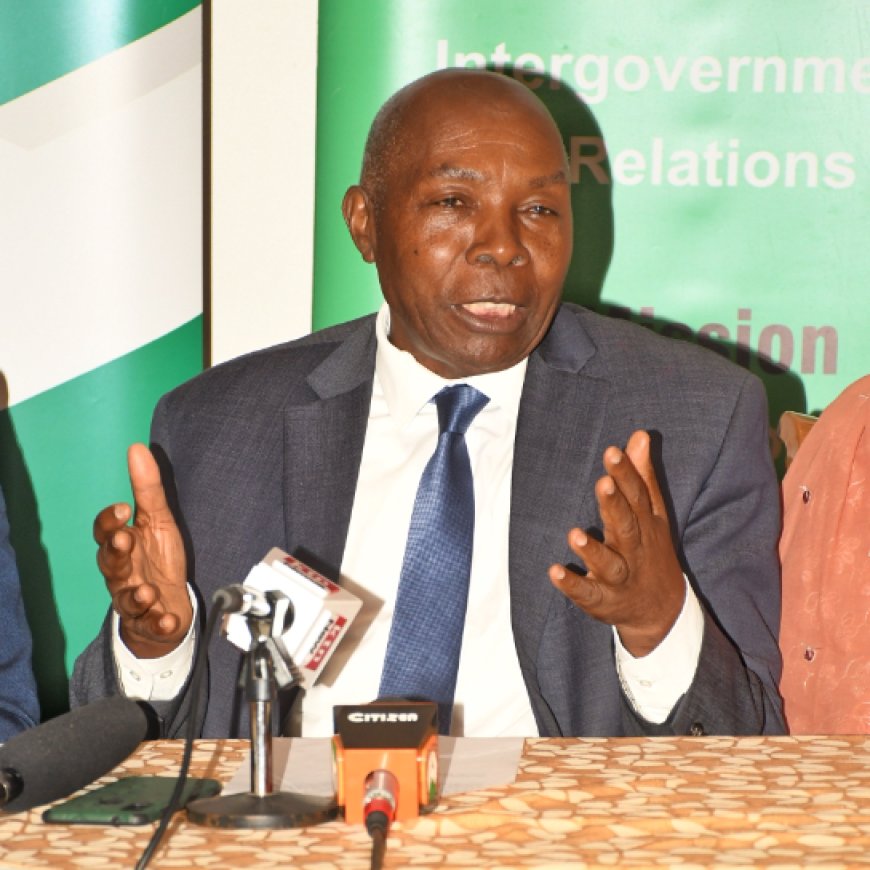
Naivasha,
Saturday, January 13, 2024,
KNA, By Mabel Keya– Shikuku
The Intergovernmental Relations Technical Committee (IGRTC) plans to arbitrate a simmering row pitting the county and national governments over the management of Early Childhood Development and Education (ECDE) centers in the country.
Speaking to the press in Naivasha on Friday, the chair of IGRTC; Certified Public Accountant (CPA) Kithinji Kiragu said the purpose of the meeting next week on Tuesday to hold consultations on the recommendations relating to the implementation of the pre-primary function as envisaged in law.
The move to call the consultative meeting comes amid allegations by the Council of Governors (COG) that the function of the Early Childhood Development Education (ECDE) had been taken over by the national government in line with the commendation by the Presidential Working Party on Education Reforms (PWPER).
PWPER had in its report released early last year recommended the transfer of the management of over 30,000 ECDE centres which are currently under the County Governments to the national government.
CPA Kiragu said the PWPER only made a recommendation and has no power to transfer any function from one government to another.
“In view of this confusion, there is need for more consultations between the two levels of government on the matter before an agreement can be reached,” Kiragu said adding that as it stands now, the ECDE function can only be transferred through changing the Constitution or by an Intergovernmental agreement signed by both parties.
He further said that in this regard and under IGRTC mandate as provided in the Intergovernmental Relations Act, 2012, his committee had written to the two levels of government inviting them to a consultative meeting on 16th, January 2024 to try and reach an amicable solution to this impasse.
“IGRTC notes that there was need for further consultations between the two levels of government, arising from the issues raised by the Council of Governors and also acknowledging the Constitutional tenets on consultations and cooperation between the two levels of government, and the positive impact of harmonious relations to public service delivery, IGRTC beseeches the two levels of government to leverage on the Constitutional and statutory provisions that pave way for continuous consultations,” Kiragu stated.
The chair who was accompanied by the IGRTC board said it is in this spirit and in furtherance of its mandate, that his board echoes its invitation to the two levels of government for consultations and reiterated its commitment to providing a neutral platform for such consultations with the sole objective of facilitating coordinated, seamless and quality public service delivery.
“We are neutral and will remain so, in order to provide will provide professional and technical advice to the two levels of governments so that they can work together for the people of Kenya,” the IGRTC chair observed.
To this end, Kiragu implored the two levels of government to adopt the continuous consultations approach to amicably resolve the standoff given the concerns raised by the COG over the proposed recommendations.
He noted that the committee is on course on the unbundling of functions as per its mandate to beat the February 2024 deadline as directed by President William Ruto in a bid to ensure seamless service delivery between the two levels of government.
The Intergovernmental Relations Technical Committee (IGRTC) is a state agency established by an Act of Parliament which is the Intergovernmental Relations Act, 2012.
It's intended to promote and facilitate cooperative decision-making and ensure that policies and activities across all spheres encourage service delivery meet the needs of the citizens effectively and ensure harmonious coexistence between the governments through cooperation, consultation, and coordination.
Courtesy; KNA
What's Your Reaction?















































































































































































































































